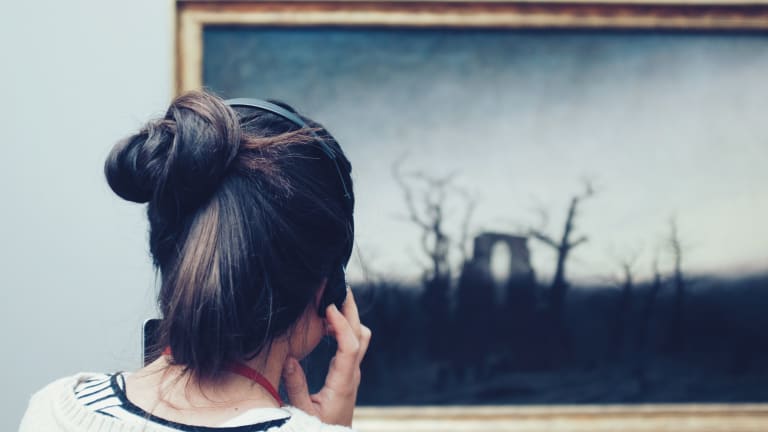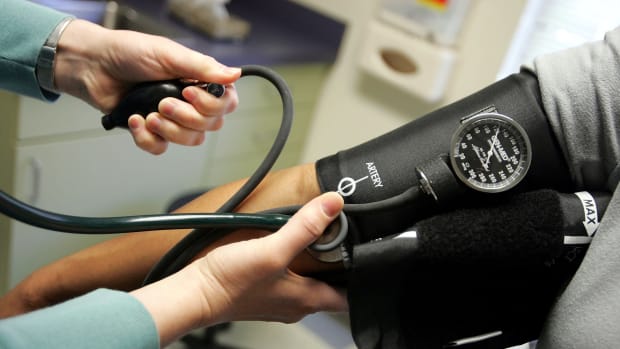
Future Physician, Heal Thyself: Get Thee to a Gallery
Envision a new generation of doctors who are more compassionate toward their patients, less prone to jumping to conclusions, and less likely to feel burned out. Then imagine such characteristics could be cultivated by tweaking the physician-training program.
Sound good? Well, new research suggests such a shift is entirely possible. The key is exposing our future MDs to the arts.
"The humanities have been pushed to the side in medical school curricula," said Mark Kahn of the Tulane University School of Medicine, the paper's senior author. "Our data suggests that exposure to the arts is linked to important personal qualities for future physicians."
"The fields of art and medicine have been diverging for the past 100 years," added first author Salvatore Mangione, of Thomas Jefferson University. It's time, they argue, for finding a way to meld them back together.
The study, published in the Journal of General Internal Medicine, features a survey taken by 729 medical students at five schools in the United States. Using a scale of zero (never) to four (daily), they reported how often they engage in various arts-related activities, including listening to music, playing an instrument, attending a theater production, or hanging out at museums and galleries.
They then filled out a series of questionnaires designed to measure personal qualities that are important in a medical doctor. To measure wisdom, they reported their level of agreement with 21 statements, including "I don't worry about other people's opinions of me" and "I've learned valuable life lessons from others."
Empathy was measured by their response to statements such as "It's difficult for a physician to view things from patients' perspectives." Other scales measured self-efficacy, emotional intelligence, and tolerance for ambiguity.
Burnout was measured by their responses to such statements as "I have difficulty concentrating" and "I feel I am unable to be sensitive to the needs of co-workers."
The researchers report students who spend more time enjoying and/or participating in the arts had higher levels of wisdom, empathy, and tolerance of ambiguity. Confirming previous research, they also demonstrated superior performance on a test of visual-spatial skills.
Furthermore, "as humanities exposure increased, physical fatigue, emotional exhaustion, and cognitive weariness all decreased," they write.
Exposure to the arts "most strongly predicted wisdom," the researchers continue, adding that wisdom could be the common thread around the characteristics that define a good doctor—"empathy, openness to possibilities, emotional resilience, mindfulness, humility, a knack for learning from life, plus a cathartic sense of humor."
Despite that, "wisdom is not a focus of today's medical education, which concentrates primarily on information and knowledge," they write.
Kahn and his colleagues caution that these findings demonstrate correlation, not causation. It's conceivable future physicians with higher emotional intelligence and overall wisdom naturally gravitate toward the arts and humanities.
But it's more likely that regular exposure to the deep wisdom of great artists has a profound effect. "If we wish to create wiser, more tolerant, empathetic and resilient physicians," the researchers conclude, "we might want to reintegrate the humanities in medical education."
Playwright Anton Chekhov was a physician. This research suggests he is still very much worth turning to for a consult.






